Taken in conjunction with my sanskrit Drama, published in 1924, this work covers the field of Classical Sanskrit Literature, as opposed to the Vedic Literature, the epics, and the Puranas. To bring the subject-matter within the limits of a single volume has rendered it necessary to treat the scientific literature briefly, and to avoid discussions of its subject-matter which appertain rather to the historian of grammer, philosophy, law, medicine, astronomy, or mathematics, than to the literary historian. This mode of treatment has rendered it possible, for the first time in any treatise in English on Sanskrit Literature, to pay due attention to the literary qualities of the Kavya. Though it was to Englishmen, such as Sir William Jones and H. T. Colebrooke, that our earliest knowledge of Sanskrit poetry was due, no English poet shared Goethe`s marvellous appereciation of the merits of works known to him only through the distorting medium of translations, and attention in England has usually been limited to the Vedic literature, as a source for comparative philology, the history of religion, or Indo-European antiquities; to the mysticism and monism of Sanskrit philosophy; and to the fables and fairy-tales in their relations to western parallels. The neglect of Sanskrit Kavya is doubtless natural. The great poets of India wrote for audiences of experts; they were masters of the learning of their day, long trained in the use of language, and they aim to please by subtlety, not simplicity of effect. They had at their disposal a singularly beautiful speech, and they commanded elaborate and most effective metres. Under these circumstances it was inevitable that their works should be difficult, but of those who on that score pass them by it may fairly be said ardua dum metuunt amittunt vera viai. It is in the great writers of Kavya along, headed by Kalidasa, that we find depth of feeling for life and nature matched with perfection of expression and rhythm. The Kavya literature includes some of the great poetry of the world, but it can never expect to attain wide popularity in the West, for it is essentially untranslatable German poets like Ruckert can, indeed, base excellent work on Sanskrit originals, but the effects produced are achieved by wholly different means, while English efforts at verse translations fall invariably below a tolerable mediocrity, their diffuse tepidity contrasting painfully with the brilliant condensation of style, the elegance of metre, and the close adaptation of sound to sense of the originals. I have, therefore, as in my Sanskrit Drama, illustrated the merits of the poets by Sanskrit extracts, adding merely a literal English version, in which no note is taken of variations of text or renderings. To save space I have in the main dealt only with works earlier than A.D. 1200, though especially in the case of the scientific literature important books of later date are briefly noticed. This book was sent in completed for the press, in January 1926 but pressure of work at the University Press precluded printing until the summer of 1927, when it wa deemed best, in order not to delay progress, to assign to this preface the notice of such new discoveries and theories of 1926 and 1927 as might have permanent interest.
A History of Sanskrit Literature
by A.B. Keith
$34.20
$38.00
In stock
Free & Quick Delivery Worldwide
All orders amounting to US$ 50 or more qualify for Free Delivery Worldwide. For orders less than US$ 50, we offer Standard Delivery at $14 per book.
ABOUT THE AUTHOR A.B. Keith
Arthur Berriedale Keith (1879-1944), an eminent authority on Sanskrit language and literature, was born at Portobello, Edinburgh on 5 April 1879. After a brilliant academic career at Edinburgh and Balliol College, Oxford where he studied classics, Sanskrit and Pali, he entered the British Civil Service in 1901. In 1904, he was called to the bar at Inner Temple. Though better known for his deep study of Sanskrit language and literature, Keith also had a deep understanding of law. In 1914, he joined the University of Edinburgh as a Regius Professor of Sanskrit and Comparative Philology and from 1922 he concurrently held the lectureship in the Constitution of the British Empire. Apart from being a member of the Committee on Home Administration of Indian Affairs (1919), he was also a member of a number of important Commissions. He died in Edinburgh on 6 October 1944. Arthur Berriedale Keith’s contributions on Sanskrit language and literature are diverse and are marked by a deep understanding of the obstruse subjects as is evident from his books and many articles in learned journals and translations of ancient Sanskrit Texts. His History of Sanskrit Literature, Sanskrit Drama, Classical Sanskrit Literature, Religion and Philosophy of the Veda and Upanishads, Samkhya System: A History of the Samkhya Philosophy, Responsible Government in the Dominions apart from the translations of the Karma-Mimamsa, Aitareya Aranyaka, Sankhayana Aranyaka and Mythology of All Raees: Indian and Iranian (jointly with Albert J. Carony) and Vedic Index of Names and Subjects (jointly with A.A. Macdonell) bear testimony to his deep scholarship.
reviews
0 in total
Review by Anonymous
Be the first to review “A History of Sanskrit Literature” Cancel reply
You must be logged in to post a review.
Bibliographic information
Title
A History of Sanskrit Literature
Author
Edition
5th ed.
Publisher
ISBN
8120809793, 9788120809796
Length
xxxvi+575
Subjects
more by A.B. Keith see more
similar bookssee more
Parasara-Smrtih or Parasara Dharma-Sastra: With an Introduction, Original Sanskrit Text, English Translation and Index of Verses
The Scriptural writings of ...
$15.30
$17.00

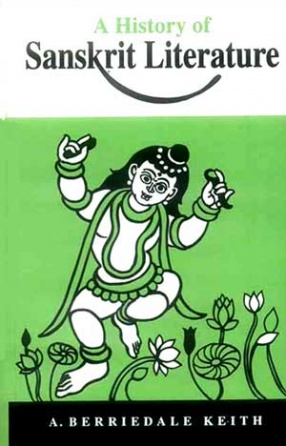
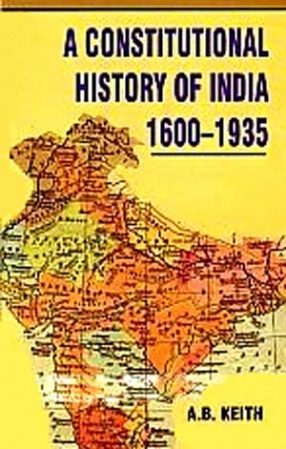

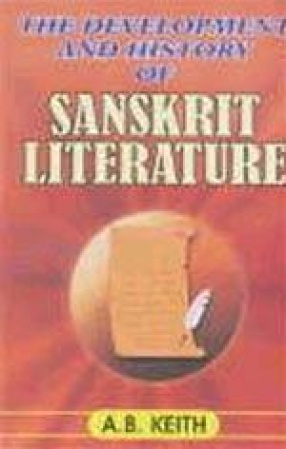
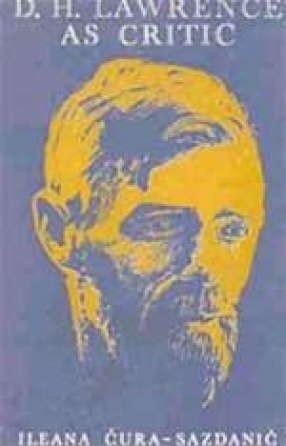
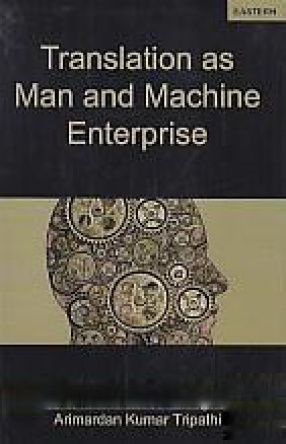
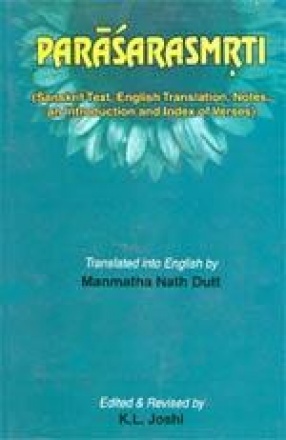
There are no reviews yet.